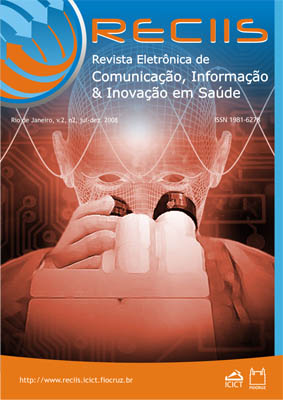The extension of intellectual property through secrecy of drugs registration: obstacles to the generic drug policy
DOI:
https://doi.org/10.3395/reciis.v2i2.848Keywords:
Intellectual property, patent, generics, drug registrationAbstract
The pharmaceutical sector is characterized by a great oligopoly, with small and big transnational companies which operate in several countries and perform high levels of investment in research and development, which imply great barriers to the entry of new companies. It’s a sector in which appropriation of knowledge occurs principally through the patent of new drugs. Such patents allow monopoly of the developer company of the product over the same product during a determined period. The possibility of abusive practices from this monopoly leads the authorities to take measures for the control of prices and to guarantee the finitude of the patent. Therefore, the United States and the European Union are pressuring the other countries for the establishment of new measures, which go beyond the TRIPS Agreement, such as secrecy of drugs registration, in order to enlarge the monopoly of big pharmaceutical companies and retard the entry of generics.Downloads
Published
How to Cite
Issue
Section
License
Author’s rights: The author retains unrestricted rights over his work.
Rights to reuse: Reciis adopts the Creative Commons License, CC BY-NC non-commercial attribution according to the Policy on Open Access to Knowledge by Oswaldo Cruz Foundation. With this license, access, download, copy, print, share, reuse, and distribution of articles is allowed, provided that it is for non-commercial use and with source citation, granting proper authorship credits and reference to Reciis. In such cases, no permission is required from the authors or editors.
Rights of authors’s deposit / self-archiving: The authors are encouraged to deposit the published version, along with the link of their article in Reciis, in institutional repositories.












